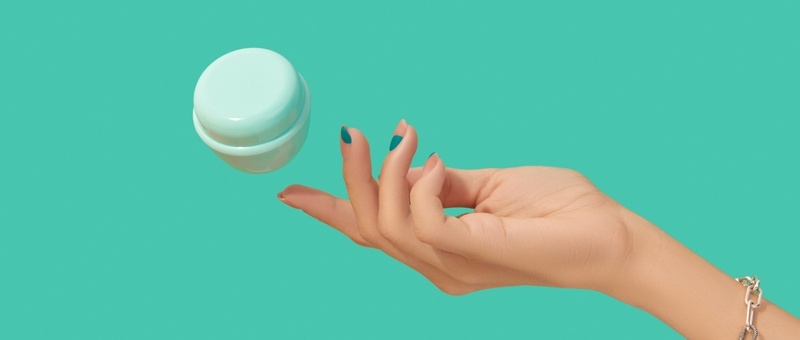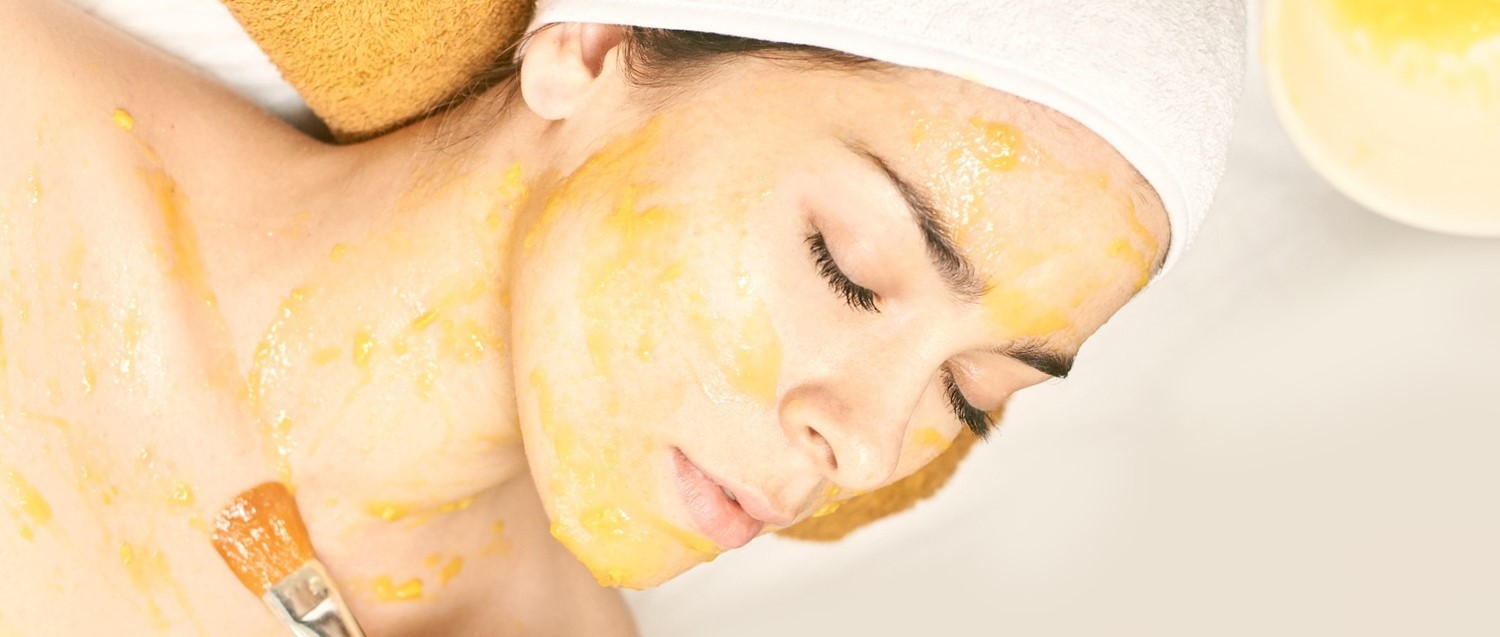
Does stress make skin problems worse?
Peer reviewed by Dr Sarah Jarvis MBE, FRCGPLast updated by Léa SurugueLast updated 2 May 2019
Meets Patient’s editorial guidelines
- DownloadDownload
- Share
- Language
- Discussion
- Audio Version
Stress and lack of self-confidence are some of the devastating consequences of severe skin conditions. But can stress also be a cause, triggering the problem in the first place?
In this article:
For the last decade, Alice Lang, 24, has struggled with severe acne. The condition, which as a teenager didn't really set her apart, took centre stage in her life when it persisted into adulthood, causing her a great deal of distress. The frequent breakouts of spots and the stigma attached to acne had a negative impact on her self-worth, often making her feel anxious and powerless as the years went by.
"Acne has been one of the biggest causes of stress in my life. That may sound shallow to some, but because of the constant influx of pretty, perfect faces on social media and in advertising, I just felt like I wasn't good enough. It made my self-esteem drop to rock bottom, so I wasn't confident in anything I was doing," explains Lang, who now seeks to empower others with a blog on her acne journey.
She is not alone. Many people who have severe acne like her, but also people with other skin diseases such as psoriasis, report that low self-esteem and anxiety are part of their daily lives.
Continue reading below
A complex link
A strong link exists between mental well-being and skin health, going way back to childhood, from the first skin-to-skin contact between mothers and their babies. Healthcare professionals have now established that acne and other skin problems can cause stress and poor mental health. However, this is a complex relationship, and untangling cause and effect is no easy feat.
"The link between stress and dermatological conditions is difficult to study in humans. It has been suggested that some skin problems are exacerbated by stress. However, the other way around has also been well established. If patients have serious skin conditions, they will become more stressed," Dr Anton Alexandroff, consultant dermatologist and British Skin Foundation spokesperson, explains.
In a recent Patient survey, 90% of healthcare professionals agreed that stress could exacerbate skin problems. 92% said that skin problems could also make mental health problems such as stress, anxiety and depression worse.
This is something that Lang is familiar with. Her acne is severe and persistent, and it wasn't initially caused by stress. Yet, over the years, she has noticed a correlation between her emotional state and the severity of her skin problems.
"I think the stress of feeling so bad about myself and so worried all the time, increased the severity of my acne. My skin would occasionally clear up, but then I'd get a small spot and worry myself all day that my spots were coming back - and I'd have five new ones the following morning,” she says.
What does the research show?
Back to contentsResearch up to now has mostly focused on stress as a result of dermatological problems, rather than as a cause. In particular, scientists have investigated some of the most common dermatological conditions such as acne, eczema, alopecia, or psoriasis.
"It's important to note, however, that this group of patients has been more ready than other groups to come forward in terms of communicating. There are 'gaps' in research of other skin conditions which may reveal similar emotional and stressful experiences," says Simon Oates, CEO of Mind & Skin, a charity working to improve patients' quality of life.
But studies investigating the role of stress in triggering skin problems have also emerged over the years. As early as the late 1970s, it was shown that patients with acne reported a worsening of the condition after going through a stressful event. Over the following decades, small questionnaire-based studies have confirmed this, showing that acne can be aggravated during stressful times, such as exam periods. The same has been suggested with other conditions such as eczema or, to a lesser degree, psoriasis.
The problem is that many of these studies still suffer from limitations, including small sample sizes, and the difficulty of conducting experiments in the lab to evaluate the impact of stress in real life.
The biological mechanisms linking stress and skin conditions also have yet to be clearly explained. But scientists have already established that chronic stress can interfere with the immune system and with the permeability of the skin, making it less efficient at keeping harmful substances out.
In addition, there is evidence that stress is associated with the production of certain hormones, or with the secretion of substances that promote inflammation in the body.
"Stress hormones like cortisol and adrenaline are produced by people when they experience high levels of anxiety. Those can affect the skin and lead to problems," says Alexandroff.
Continue reading below
How to deal with the stress of skin problems
Back to contentsDon't be afraid to seek medical help
Skin problems often go hand in a hand with shame and stigma, especially because these are conditions that are immediately visible. An open relationship with your doctor is the first step to battle the condition and the stress that goes with it. This includes going to see a doctor for the actual condition, but also a mental health professional if the burden of skin problems becomes too much.
"I would advise all patients to be more open in communicating with their doctor. It is also important to understand that there is not always a 'cure' and that recovery of dermatological symptoms can take time to improve. I would also suggest patients enquire about mental health services. Unfortunately, they may have to be patient due to a lack of services and to high demand," Oates points out.
Open up to those close to you
Being transparent to friends and family about how your skin problems are making you feel can be helpful to get some perspective.
"Just talking through feelings and discussing acne really helped me - sometimes, you just need someone else to help you see things a little more rationally and remind you that you're much more than your skin," says Lang.
Turn to peer support and charities
Talk Psoriasis Support Community is a good example of a platform that can inspire patients to share their stories, and to boost each other's well-being by connecting, exchanging information, and meeting new friends.
Turning to charities such as Changing Faces, which are doing a lot to raise awareness and to fight stigma, and joining their campaigns, can also be a good option. Interesting resources can also be found on the British Association of Dermatologists’ website and on Mind & Skin, with a lot of up-to-date information, from podcasts to articles, to guide patients, including with stress management.
But it's acne awareness which has really increased a lot in recent years, with social media acting as a powerful platform to spread the message. On Instagram and YouTube, there are interesting channels dedicated to talking about acne and the stress it creates. More and more people are posting raw photos of pimples, redness and scars, to show the reality of living with acne, as well as video diaries, testimonials and treatment advice.
Be yourself
The most significant improvements will come from patients realising their worth as individuals, with or without skin problems.
"One of my best tips is to stop obsessing over your face. Looking in the mirror every hour will only tempt you to pick at your skin and obsess over the slightest change, leading to stress. Try not to worry about what people think. What I've come to realise as I've got a little older is that good people who genuinely care about you won't care about your skin problems," Lang says.
Patient picks for Skincare

Skin, nail and hair health
What is skinimalism, and is it good for your skin?
Skinimalism may sound like a mouthful, but the idea behind this skincare trend is refreshingly simple. It’s all about streamlining your routine to focus on the essentials. In this article, we’ll explore what skinimalism is all about, what an expert has to say, and how you can decide whether it’s the right approach for you.
by Victoria Raw

Skin, nail and hair health
Chemical peels: benefits, costs, risks, and recovery
Chemical peels have become increasingly popular as a means of tackling uneven skin texture, anti-ageing, tightening, diminishing fine lines, and more. But do they work?
by Emily Jane Bashforth
Article history
The information on this page is peer reviewed by qualified clinicians.
2 May 2019 | Latest version

Ask, share, connect.
Browse discussions, ask questions, and share experiences across hundreds of health topics.

Feeling unwell?
Assess your symptoms online for free
Sign up to the Patient newsletter
Your weekly dose of clear, trustworthy health advice - written to help you feel informed, confident and in control.
By subscribing you accept our Privacy Policy. You can unsubscribe at any time. We never sell your data.